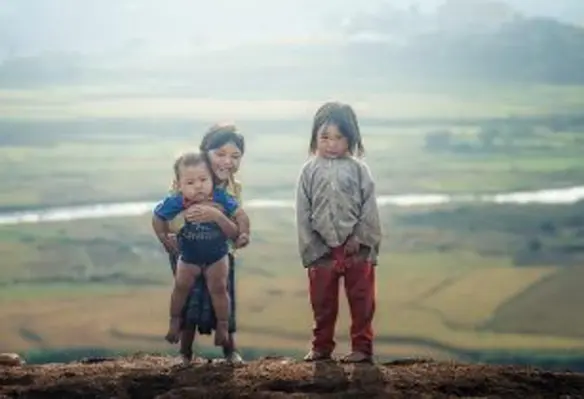The Asia-Pacific’s civil society organisations (CSO) have participated in a two-day meeting in Bangkok, in line with their participation in a major multilateral conference for the development of the region’s food security and rural prosperity
The CSO participation in FAO’s 35th Regional Conference for Asia and the Pacific (#APRC35) aims to strengthen positions among the civil society organisations. APRC is a biennial gathering of around 46 FAO member countries from across the region.
The #APRC35 will be held in Thimphu, Bhutan, from 17-20 February.
In parallel, an online consultation amongst private sector entities is ongoing. For the first time, representatives from the private sector will be present at the FAO’s regional governing body session.
The CSOs and private sector representatives are invited to make interventions during the conference. The CSO consultation process in the Asia-Pacific region has evolved since 2010 with broad-based support from the regional civil society community and FAO. The private sector consultation and participation at the #APRC35 is a first for FAO, encouraged by FAO Director-General Qu Dongyu, who was elected to the post in August 2019.
FAO aims to achieve food security goals in Asia-Pacific
“In Asia and the Pacific, FAO has been working for many years with a number of CSOs in technical work, emergency field operations, training and capacity building, and advocacy of best agricultural practices,” said Jong-Jin Kim, FAO officer-in-charge and deputy regional representative for Asia and the Pacific.
“CSOs are playing an important role in the global, regional and national inter-governmental policy-making, consultations and decision-making processes, treaties and governing bodies facilitated by FAO, including the Committee on World Food Security (CFS), and APRC.”
Role of the private sector crucial to achieving sustainable development goals
The addition of private sector voices at #APRC35, along with those of the CSO’s, will help FAO member countries and their policymakers better define the actions needed to achieve the Sustainable Development Goals (the SDGs) by 2030, particularly those related to ending hunger and poverty, Kim added.
The CSO meeting was attended by 36 participants from 26 organisations. The participants represent various constituencies including small-scale producers, fisherfolks, pastoralists, indigenous peoples or landless organisations, rural and agricultural workers, woman and youth organisations and NGOs.




